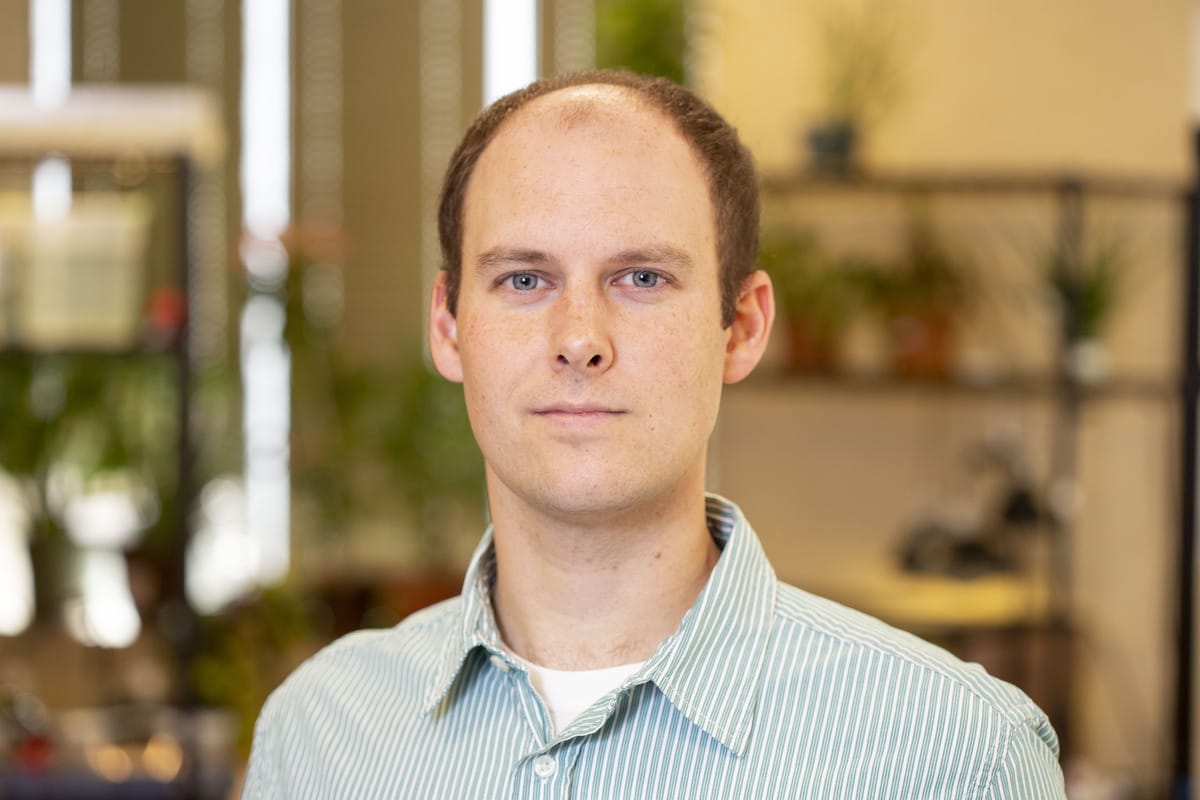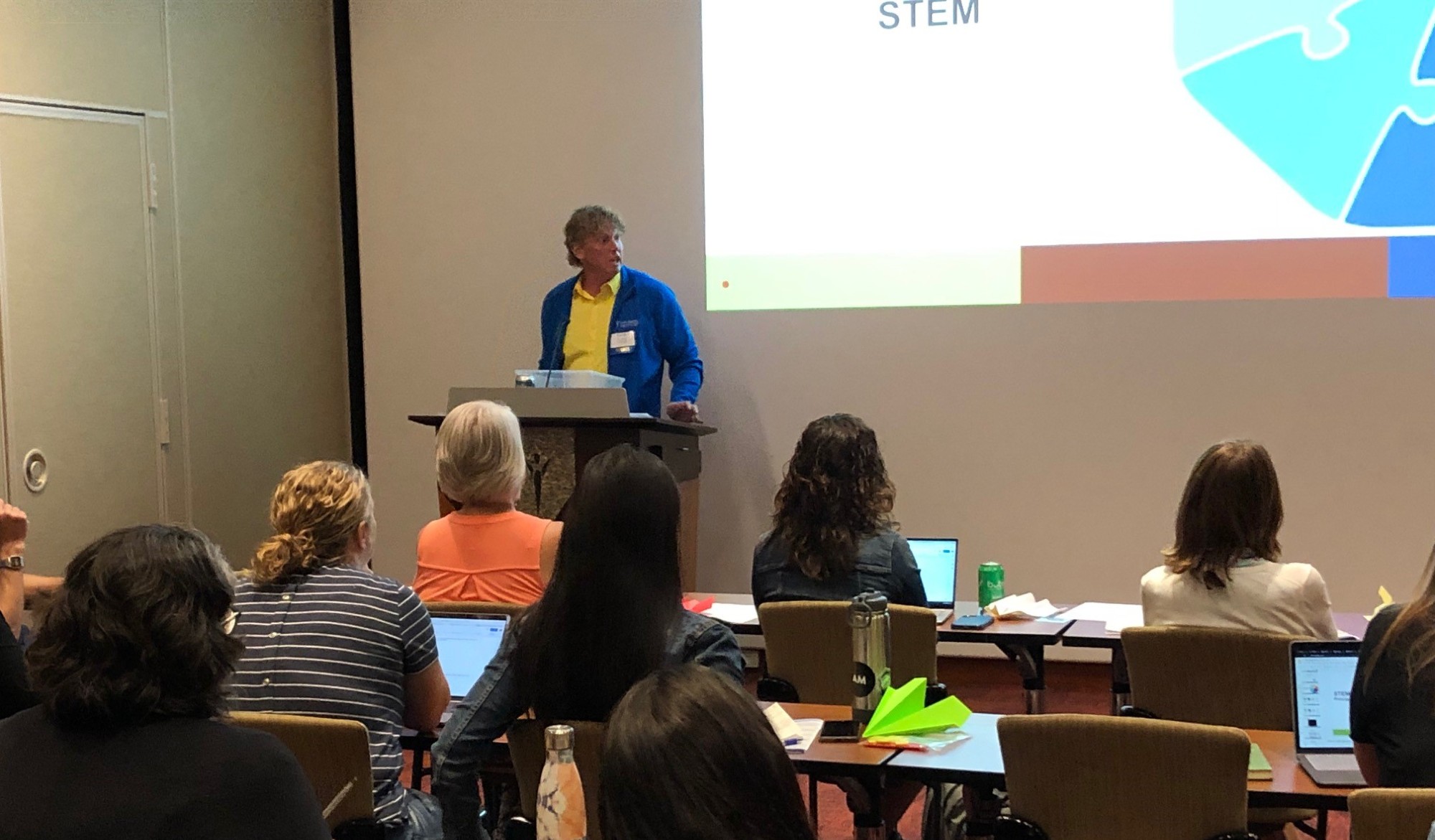Last week, VAI’s Science on the Grand returned to Grand Rapids after a two-year hiatus. This STEM-centered conference was created to support educators by providing a space where they could network and grow while also acquiring the latest resources in inquiry-based learning, and this year certainly didn’t disappoint. Attendees were treated to phenomenal keynote addresses by renowned author Erin Gruwell and VAI’s Dr. Matt Steensma. The conference also provided a wealth of workshops headed by passionate educators who covered everything from project-based learning to personal self-care. Best of all, each teacher went home with practical strategies to put into practice right away!
My role at Science on the Grand was largely in the background. As a member of the VAI hospitality team, I helped attendees with any questions and led them toward the best free stuff. Still, I was fortunate enough to sit in on several workshops, and with the conference now over, I’ve found myself reflecting on everything I learned. The start of school is only a few weeks away. There’s a lot of work to be done if we’re to meet the challenges of the coming year. What should teachers be ready for in this year, and how do we create environments that are supportive of our students?
To answer these questions, allow me to share a few things I learned from Science on the Grand:
- Students Need Information Literacy: Misinformation is rampant in today’s culture. Each day, students are inundated with messages from dubious channels that can profoundly impact their perception of the world. To ensure that our students are thinking clearly and critically, teachers need to make information literacy a priority. One useful tool for helping students analyze information is the Blue Apple Timely Topic, Information Nation. This free resource not only teaches students to find reliable and trustworthy sources, but it can also help them better understand the world around them.
- Engage with PBL: The world of education has changed dramatically in the last decade, and so have the responsibilities of teachers. Our role is no longer to disseminate information to students (the internet can do that far better) but to create authentic learning experiences that foster curiosity, creativity, and critical thinking. Project-based learning (PBL) is leading the way in this new frontier. When we implement PBL in our classrooms, we not only give students the opportunity to engage in inquiry-based learning, but we also show them how their actions can create real, positive change!
- Don’t Neglect SEL: Many students haven’t fully recovered from the events of the pandemic. They are going to have trouble navigating their emotions in the coming year as well as adjusting to the changes in their environment. As such, it’s important that educators make social-emotional learning (SEL) a priority. Consider introducing reflection journals into your classroom, so students can record their thoughts and feelings throughout the day. You can also browse these free strategies and choose whichever best suit your classroom.
- Remember to Practice Self-Care: No man is an island, and neither are teachers. It’s all too easy for educators to burn themselves out while trying to tackle every problem at once. Be sure to set aside time for yourself in the coming year so that you can begin each week feeling recharged and restored. Whether it’s practicing yoga, spending time outdoors, or simply taking 30 minutes to enjoy a mindless show on Netflix, remember to give yourself permission to rest in the days ahead.
I hope you found this advice useful for your own teaching journey. Remember to keep an eye out for when Science on the Grand returns in 2023. We’re always on the lookout for passionate educators who are eager to share their knowledge with others, so consider becoming one of our featured workshop leaders. Please have a great summer, and we look forward to seeing you soon!

